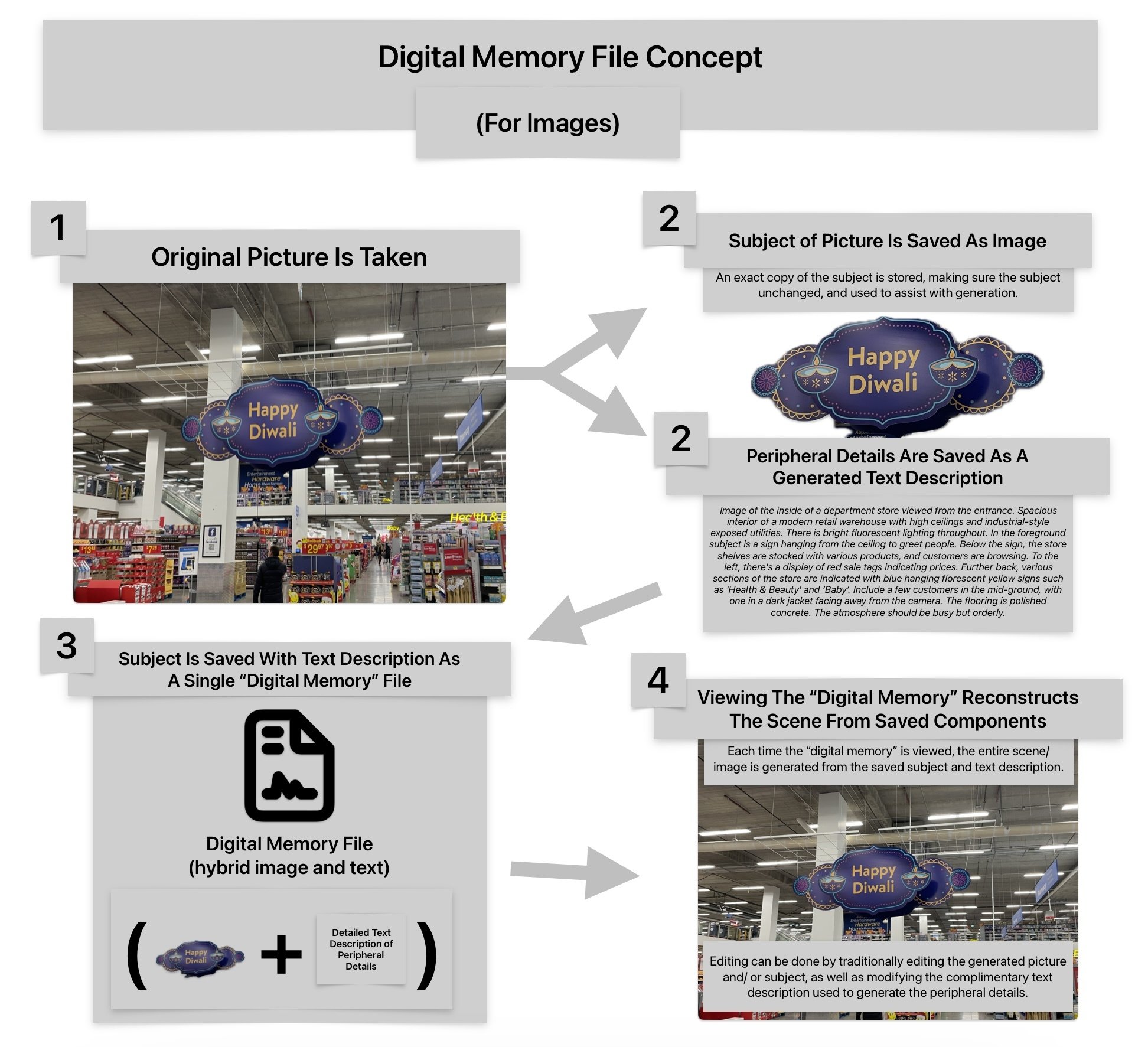view the rest of the comments
Technology
This is the official technology community of Lemmy.ml for all news related to creation and use of technology, and to facilitate civil, meaningful discussion around it.
Ask in DM before posting product reviews or ads. All such posts otherwise are subject to removal.
Rules:
1: All Lemmy rules apply
2: Do not post low effort posts
3: NEVER post naziped*gore stuff
4: Always post article URLs or their archived version URLs as sources, NOT screenshots. Help the blind users.
5: personal rants of Big Tech CEOs like Elon Musk are unwelcome (does not include posts about their companies affecting wide range of people)
6: no advertisement posts unless verified as legitimate and non-exploitative/non-consumerist
7: crypto related posts, unless essential, are disallowed

I'm sorry, but no. Not only does that invoke a ton of extraneous processing on both ends (when saving and when recalling the image), but the rest of the image is still important, too! Can you imagine taking a photo at a family gathering, and then coming back later to see randomly generated people in the background? A photograph isn't just about the "subject", it's often about a moment in time.
You wouldn’t use it if you didn’t want to, but I actually think family photos are great for this. The focus is family in the photo, not what the background details are. Not a lot of people care how many tree tops are in a graduation photo. Our memories work the same by storing the most important parts in the best detail, and redrawing other details when accessing the memory. And as handheld computation improves it will be a small task to render each image on view.
You misunderstand. You take a picture of, say your dad at a family reunion, and in the background the rest of your family is just milling around. That's not the subject, and so the AI model saves it as "people doing stuff" or whatever. When you load that photograph, the people in the background will be generated, and they won't be your family.
This is all beside the fact that the AI may decide your subject is different from what you think it is.
This is just an extremely unreliable form of data compression, and extremely unnecessary. Phones and cameras can currently save hundreds or thousands of photographs locally, and cloud storage can save millions for free, and even more for extremely cheap. You're solving a non-existent problem by shoehorning AI image generation in where it's not needed.
Imagine going through a photo album, and each time the image is different. Instead of enjoying the photos, you’re looking for what AI changed this time
What you think of as important may change over time, as well - with the solution as written, you'd need to decide what the "subject" is at compress time, but what if you later realise that's the last ever photo of grandma, or the AI decides that you were wearing different shoes than you actually were. Worst case, you need to rely on some detail in a photo later, like to absolve you of a crime.
You are missing the point of those photos though, they are memories, made to help you remember the exact moment you took a photo of.
You say it yourself, our memories ARE fuzzy, that is why this is dumb, it would mean getting gaslit by the very things we created to help us remember.
I am an IT guy, and I feel confident in saying that for the general consumer, storage is a solved problem, if you need more space, buy a new harddrive. Consumers in the vast majority of cases does not need instant access to all data, external drives are fine, if you want more protection, get a NAS with a decent raid setup, that is enough for most people, if you want even more protection, get two NAS, and set them to sync changes every night.